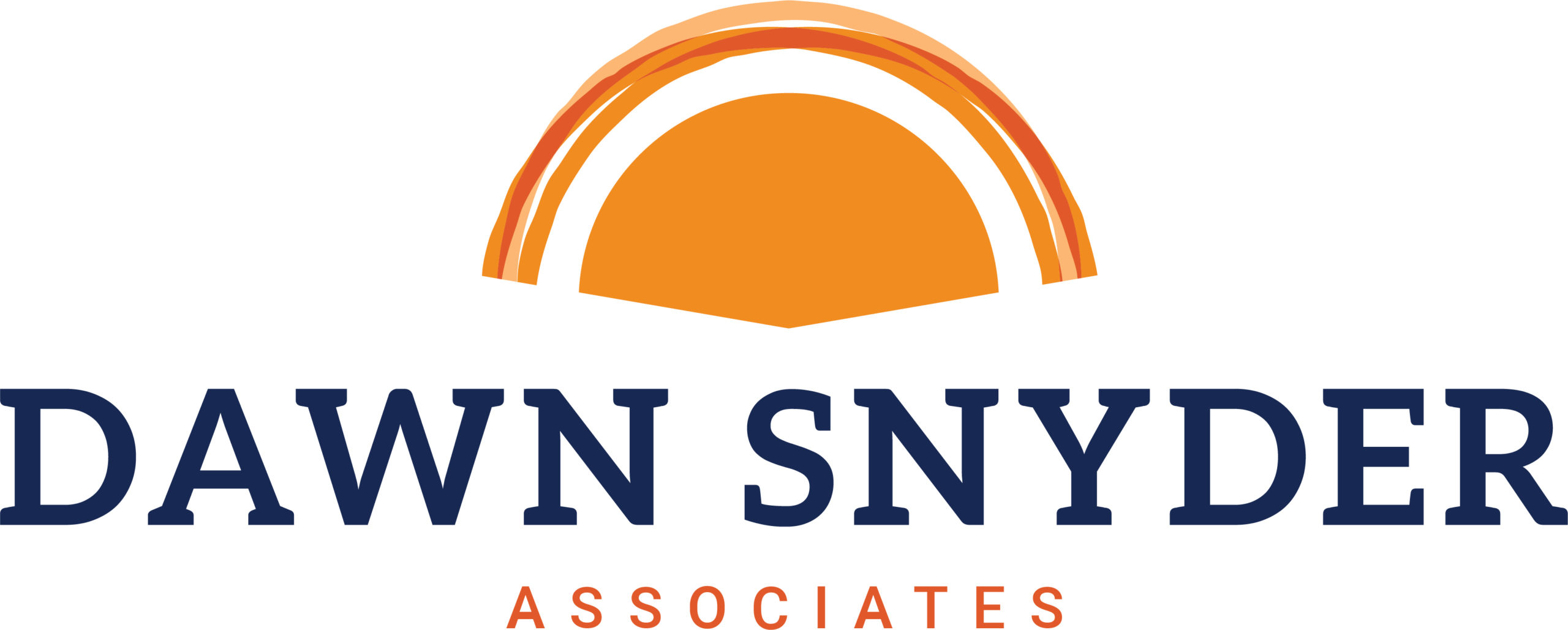
Dawn has been a wonderful advisor to Black Spectacles, helping us to understand a variety of aspects and considerations of designing curriculae and courses. She is like a surrogate team member for us – widely respected among our teammates, and the subject-matter experts she has facilitated meetings with. Dawn is a trusted consultant to myself as CEO, and to our entire team, when it comes to anything related to the practice of learning design.
Marc Teer, FAIA
Founder & CEO, Black Spectacles

Dawn worked closely with our team, directing our efforts in building a new Competency Model and software products based on that model. As such, our team was able to:
- Create a new model of the strategic skills building needed to help Insights (marketing research) directors train staff and help individual researchers build new skills more quickly.
- The Strategic Skills Model provided a framework for working smart as Insights Professionals by:
- Defining best-in-class strategic skills so that Insights Directors can more objectively assess and develop their team members.
- Providing individual insights professionals with a blueprint for building their own strategic abilities.
Olivetree uses this framework in all coaching and workshop sessions and developed software, Insights Central, based on the competencies revealed in this model.
Dawn is an unequaled expert and trusted adviser in the field of performance improvement. I have been working with Dawn over the last year and her keen intelligence, subject matter expertise and depth of experience makes every encounter a success. She always brings a positive energy to our team efforts and is a joy to work with. I would recommend Dawn to anyone.
Carol Shea
Olivetree Insights

Dawn Snyder has worked with the DACUM program as a reliable partner for many years. Few people that I’ve ever worked with are as talented as Dawn. She is insightful, creative, dependable and congenial when it comes to marshalling resources to get a project up and running and seeing it through to completion. Her consulting experience coupled with her business insight and analytical and facilitation skills makes her a valued asset to any organization.
John Moser
The Ohio State University –
Center On Education And Training For Employment

One could easily be fooled into thinking Dawn Snyder is magic in the way that she makes the impossible, possible. It isn’t magic that fuels her greatness; it’s her unparalleled knowledge, experience, and dedication to excellence that drives the incredible results she achieves. Dawn is quietly effective in influencing radical change and is the type of person that inspires the best in others around her. She is wickedly smart, yet down to earth and genuinely cares for the well being of others. She understands the great responsibility that comes with managing people and is well known for building highly engaged teams. I’ve had the honor of working with Dawn in multiple capacities at HDVest, Ellucian, and Meeting Professionals International, and I am personally and professionally a better person as a result of our work together.
Melissa Majors
Melissa Majors Consulting
